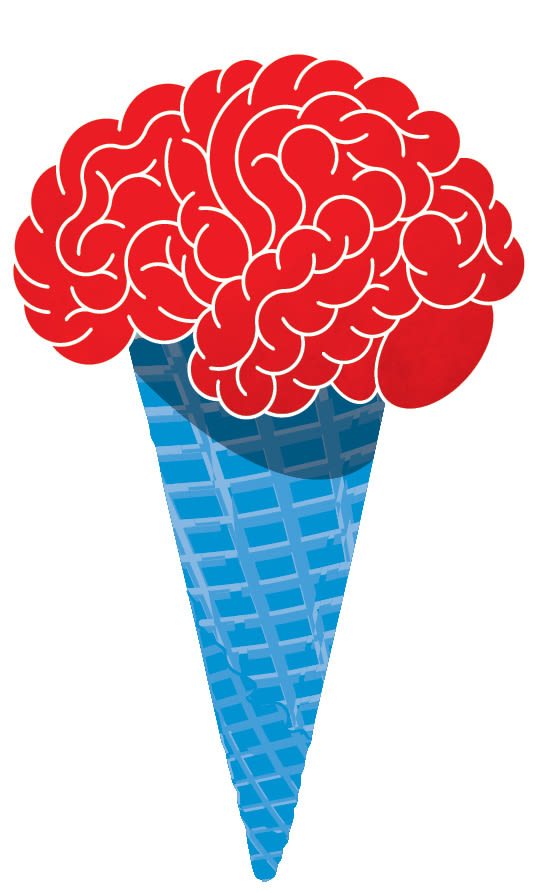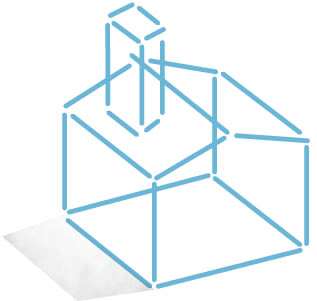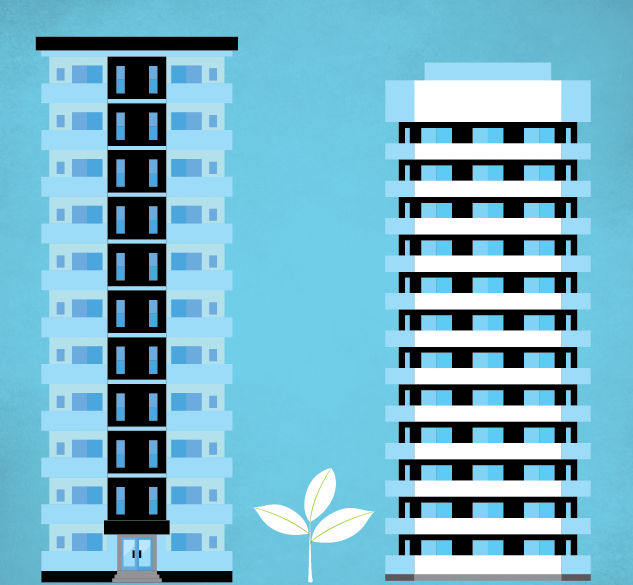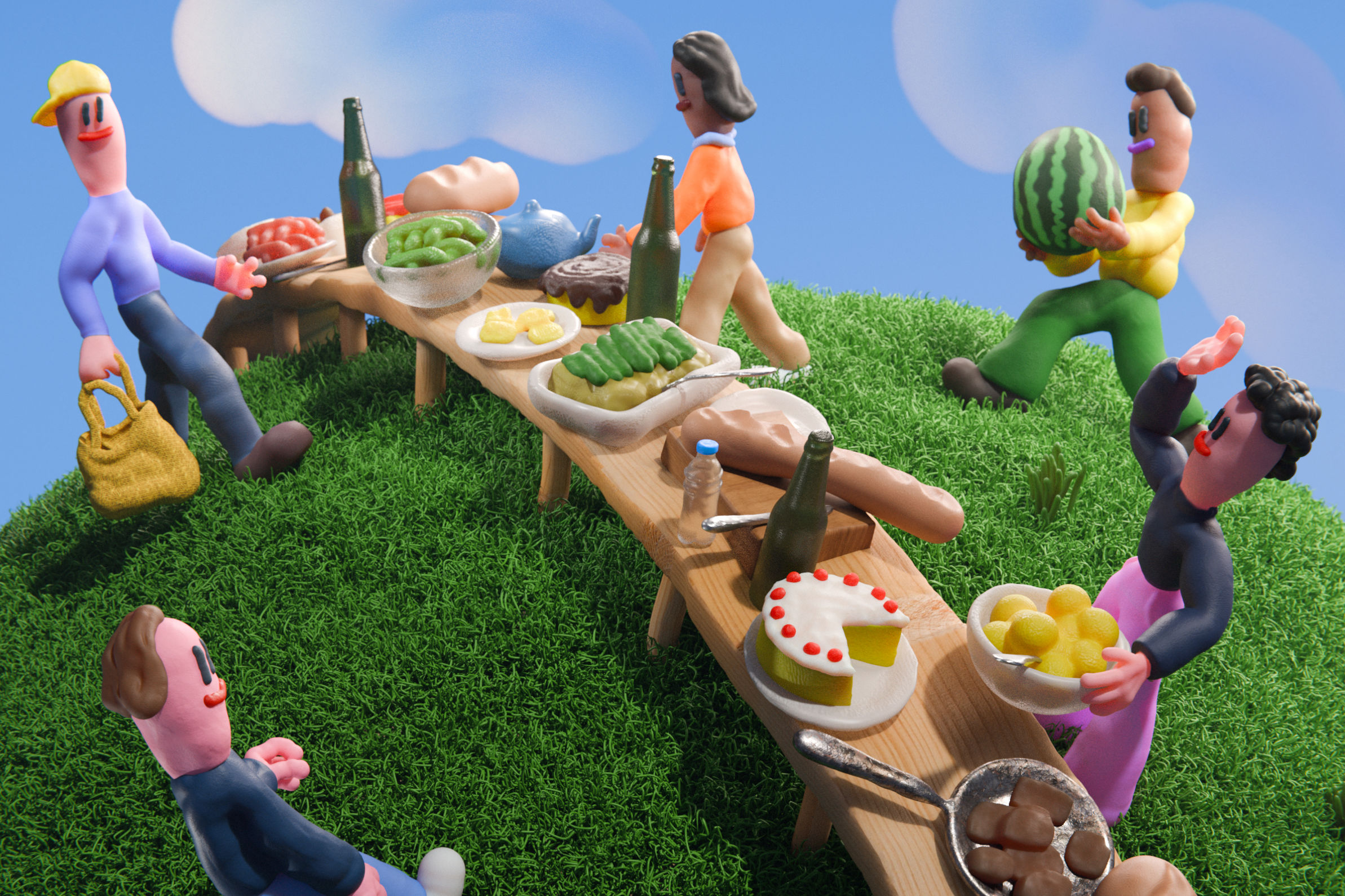4 Big Ideas Making Portland a Better City Right Now

Image: Michael Novak
Ice Cream = Brain Food
Summer vacation, a scourge? In educational terms, it is: ample research shows children backslide on academic skills over the dog days. “It hits low-income kids the hardest,” notes Eve Callahan of Umpqua Bank. The Portland-based company aims much of its community work at youth and education issues. Umpqua also owns five branded ice cream trucks, deployed at summer events. Synergy!
Working with the National Summer Learning Association, Umpqua developed a packet of reading and math activities. The ice cream trucks provide a stealth delivery mechanism to the target market. “We tried to take basic curriculum ideas and have fun with them,” Callahan says. Last summer, the bank handed out more than 5,000 packets—also available at its locations and online. But, ice cream. —ZD

Image: Michael Novak
Appetite for Deconstruction
Of all the ideas packing Portland’s 2015 Climate Action Plan (a big winner at last year’s international C40 Cities awards), “deconstruction and salvage” sounds particularly unsexy. But Objective 10B may be the plan’s most groundbreaking feature. Want to demolish a structure built before 1917? As of last October, city code now requires that you take it apart it by hand. (This might be the first law of its kind in the nation.) That painstaking task means big reductions in landfill (and airborne carbon) for Portland, where such aged buildings represent about 33 percent of all demo projects. Without the glues and adhesives common in later buildings, these oldies salvage cleanly and often find new life. “Older homes are more reusable,” says Michael Armstrong of the city’s Bureau of Planning and Sustainability. “They were typically built with higher-quality materials.” If the task sounds more expensive for the owner, you’re not wrong. But the labor costs, says Armstrong, are worth material reuse, the rapid expansion of Portland’s nascent salvage industry, and, of course, a lot less dust and waste. —RD

Image: Michael Novak
Talking Up Change
Since TED Talks, conferences focus on just about everything. But on improving the world? The Affect Conference aims to attract activists, wonks, organizers, and tech folk for two September days of insight on doing good. “It’s about designing solutions for a whole spectrum of issues,” says founder Elea Chang. “People forget the diversity of projects and scales you can take on.” Last year’s debut drew 150; this year’s keynote at the Eliot Center comes from badass journalist/activist Sydette Harry. —ZD

Image: Michael Novak
The Alley of the Future
An alley runs through North Portland: specifically, a passage linking N Beech and Failing Streets, just off fast-changing Williams. Now dusty and potholed, it could become a sleek model for reinvented back lanes. The Beech/Failing Alley Project proposes an inviting nook of pavers, plantings, and benches, matching the new, nearby One North courtyard. Cities from Amsterdam to Dubuque are turning alleys into fresh urban space, and Beech/Failing advocates say Portland city code needs to change to encourage makeovers. “Alleys are all very different—different widths, different ownerships, different communities,” says BFAP leader Melinda Matson. “Here, we’re in a high-density area, with commercial and residential lots against each other. That gives us unique opportunities to encourage pedestrians, maybe even small shops. A purely residential neighborhood could do something very different. Ultimately, this project is a chance for us to stumble over hurdles, push the city, and then open-source the information for other neighborhoods to use.” —ZD









